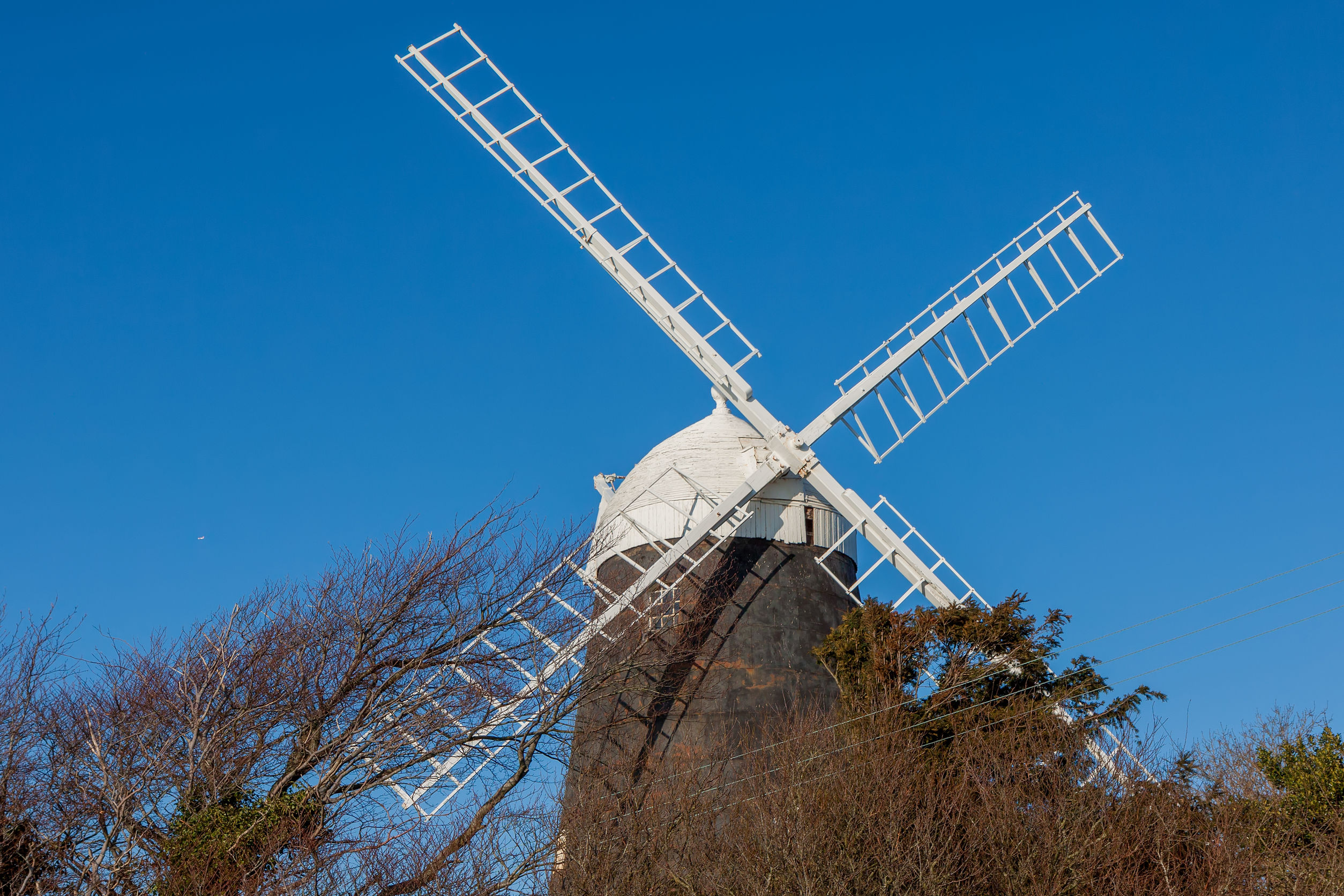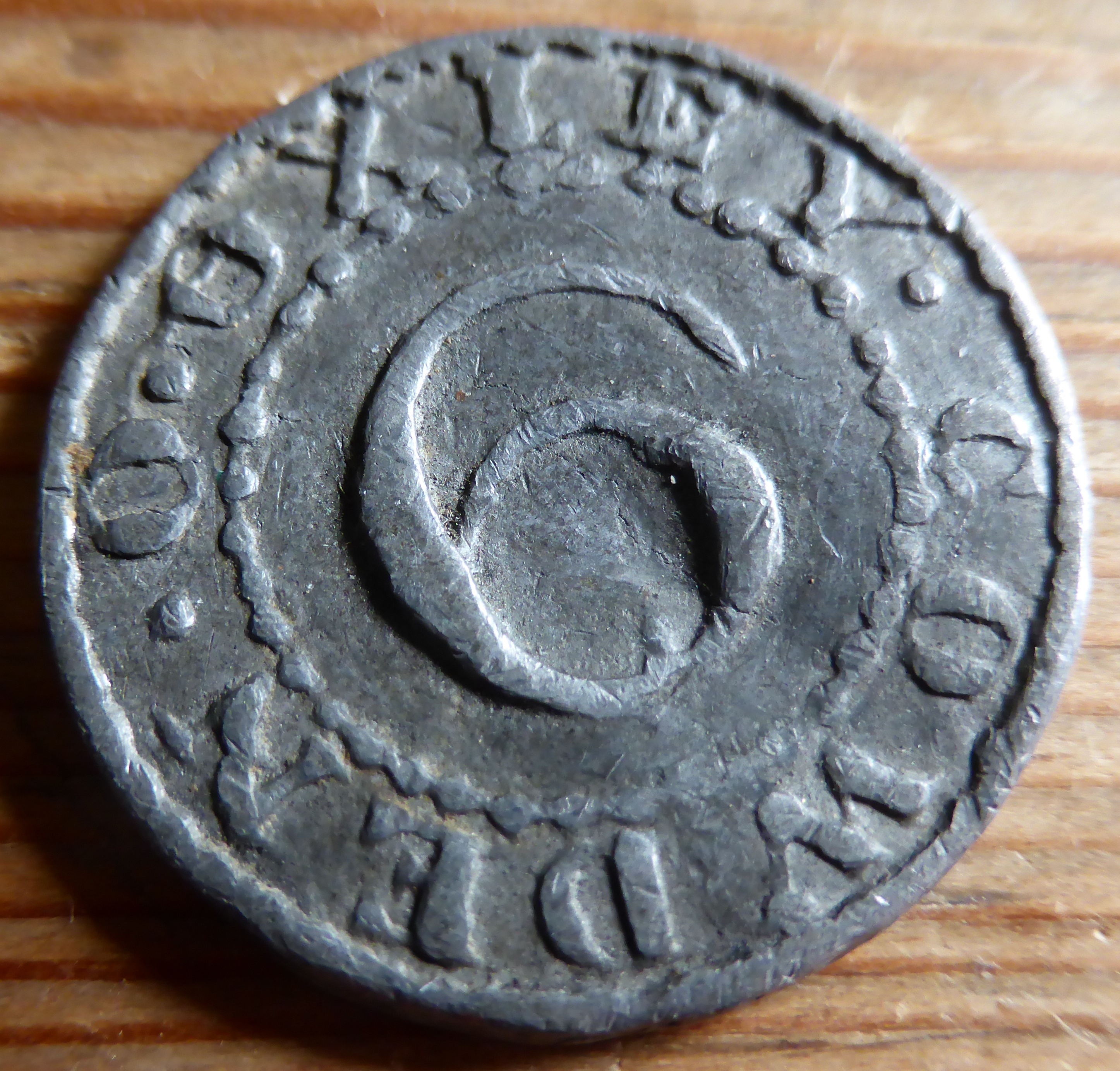
Explore your roots
With over 3,000,000 records

Explore your roots
With over 3,000,000 records

Explore your roots
With over 3,000,000 records

Explore your roots
With over 3,000,000 records
Two diaries, covering the years 1814-15 and 1816-1823 were lent to us by Paul Oxley, the owner, during the lockdown of 2020-21.
They are an account of the daily lives of a farmer, Nicholas Oxley, and his workers. Nicholas oversaw several farms in and around Warbleton, including Cowden Farm, Summertree Farm and Pilly Farm. We think he was also involved in Sandhill and Sandhole Farms too.
The first part of the diary was unbound, so the SFHG agreed to split the cost of rebinding with Paul and it was sent off to Hove. Meanwhile, the larger part of the diary was left with us to transcribe and I soon found a volunteer, Madeline Cole, to assist with this enormous project, which took us just over 8 months to achieve. I would like to warmly thank her for all her work for the SFHG.
It comprised of 350 original pages, and covered from Saturday 15th January 1814 to Friday October 10th 1817, with only a small break of 5 weeks in 1814, when the hops were picked.
There is then a gap until Wednesday 3rd January 1821 and then it continues in 821 until Friday 12th October. The year 1822 is very fragmented, and only 18 days are covered from January until May. The final days are all in October 1823, Wednesday 1st October until the last entry on Wednesday 15th October 1823.
There are a total of 1593 days covered, with reports outlining the work for every day, who did the work and where and the weather. We do see the routine, but Nicholas gives us rare insights into the daily life of the farmer and farm workers of late Georgian England on the Sussex Kent boarder. The language and the terminology are also of interest, as we are on the cusp of industrialization back in 1814.
When Nicholas takes over the writing of the diary in 1816 we see immediately how the local church features within his life, but there is an unusual aspect about Nicholas’s faith, in that he attended the Independent Chapel at Heathfield at the time, which was a Non-Conformist Chapel.
The service was held every Sunday, and Nicholas outlines who went, and who did not, how long they stayed, what chapter and verse was read out by Mr Press who presided over the Chapel and what pages they sung from their Hymn Book, the L.H.C. the (Lady Huntingdon Collection) of Hymns. His visits midweek to Lady Sober who lived at the Stonehouse to hear readings and sermons is also outlined.
We have local, national and international history. On Sunday 26th June 1814. “Mr Day, the Emperor of Russia & his daughter, & King of Prussia & General Blucher past through Gardner Street on their route to Dover & embark for France.”
So, Napoleon had been defeated and there was a gathering of the victors in England and then they left for Vienna. A feast for the poor of the parish was held on the green, coaches were caught to London, it took 5 hours to travel from Warbleton to Lewes, someone was shot, but not killed for revealing to Customs where two Gin Shops were located.
On Friday 10th May 1816 grim things have been going on in Mr Bennett’s barn! “The Tanflower & I understand a young man by the name of Apps has put a period to his earthly existence by hanging himself in Mr Bennett’s barn this forenoon.” Richard Apps was buried on 13th May 1816 in Warbleton aged 32.
Then on Sunday 26th June 1814. “Mr Day, the Emperor of Russia & his daughter, & King of Prussia & General Blucher past through Gardner Street on their route to Dover & embark for France.” So, Napoleon had been defeated and there was a gathering of the victors in England and then they left for Vienna.
A feast for the poor of the parish was held on the green, coaches were caught to London, it took 5 hours to travel from Wableton to Lewes, someone was shot, but not killed for revealing to Customs where two Gin Shops were located.
We also have the tragedy of 1816……the “Year with no Summer” after the volcano Tambora erupted on 10th April 1815 on one of the Lesser Sunda Islands of Indonesia. Nicholas and the farm struggled but the reasons he did so he was not aware about, blaming the inaccuracies of “Old Moore’s Almanac” rather than the global event.
We cannot leave without the mention of Hop Picking, as Nicholas was on the Kent Sussex boarder and grew hops.
He outlines one year particularly well, 1816. He lists all the payments that went to the pickers, how much they picked and how the work was organised.
This caused me to seriously study hop picking and one day I just happened to mention to Paul Oxley, the owner of the diaries, if he had any Hop Tokens which the workers were paid in.
He went off to look in a bag of coins his father had left him and came back with a picture of the only known Oxley hop token, issued by Othniel Oxley, Nicholas’s son.
I have collaborated with one other person on this project Jayne Adams, who must have a mention, as she has put together extensive and detailed family histories of many of the characters and families within this work.
In total there are just under 500 individuals mentioned and their family histories will make this work more relevant to all.

The publication can be purchased from the Sussex Record Society using the following link:
Vol 104: The Oxley Farm Diaries
